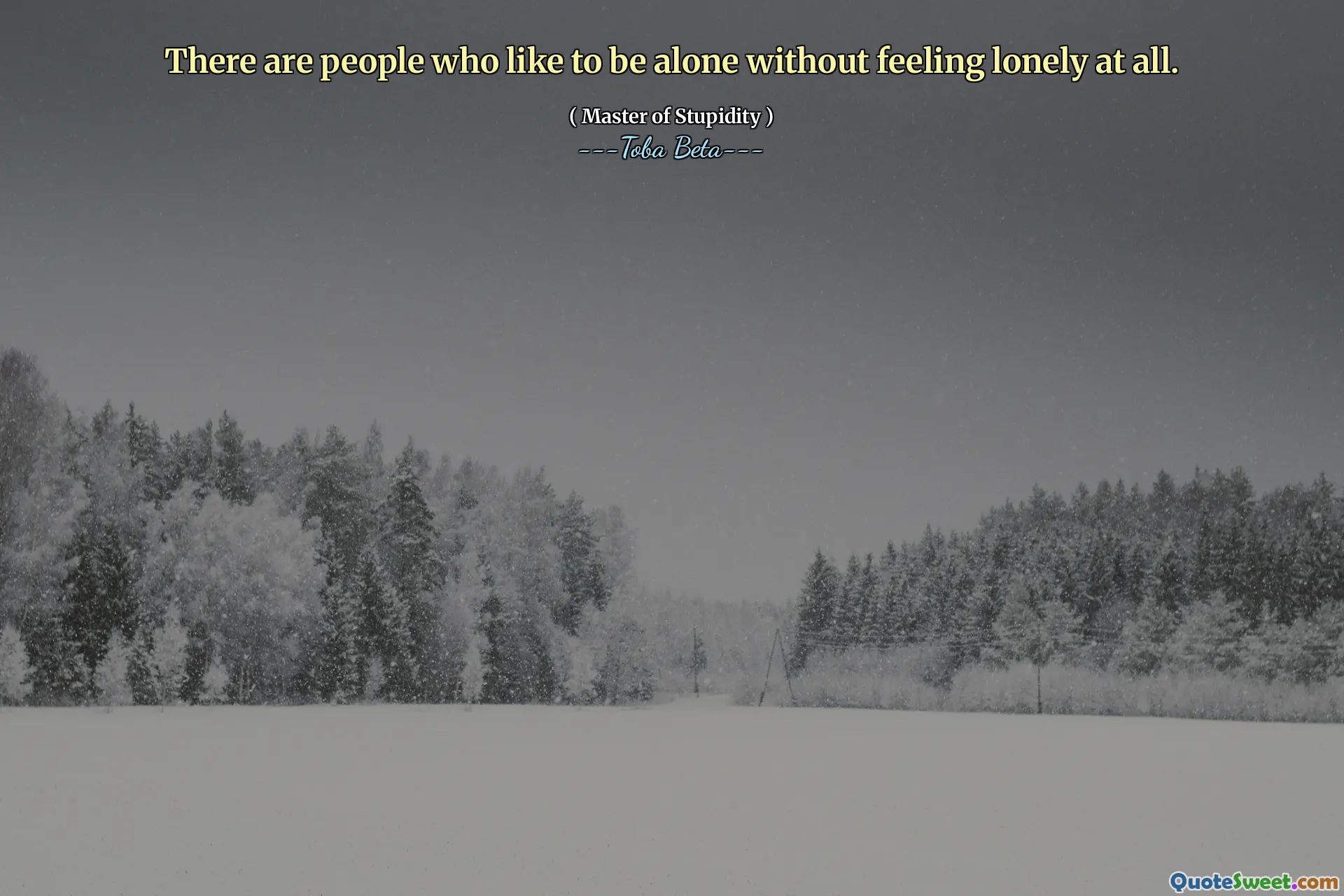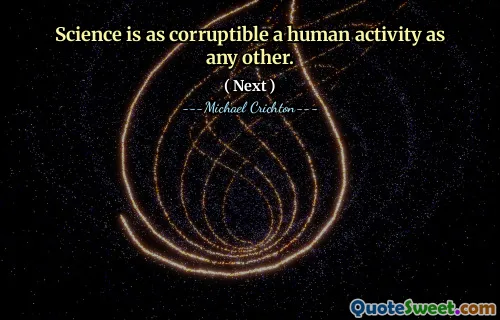
There are people who like to be alone without feeling lonely at all.
Many individuals find a profound sense of peace and fulfillment in solitude. This state of enjoying one's own company without feeling lonely highlights a nuanced understanding of loneliness versus solitude. Unlike loneliness, which often stems from feelings of disconnection and longing for companionship, solitude can be a chosen, even treasured, experience that offers clarity, introspection, and rejuvenation. Some people harness moments alone to reflect deeply, pursue personal passions, or simply enjoy the quiet without external disturbances. In a society that often emphasizes social interaction and external validation, embracing solitude can be a radical act of self-acceptance and independence.
Living comfortably with oneself and not feeling lonely indicates a healthy relationship with one's inner world. It requires self-awareness, emotional stability, and a genuine appreciation for one's own company. For many, such ability fosters creativity, stress relief, and a sense of autonomy. It also challenges societal notions that being alone denotes loneliness or inadequacy. On the contrary, these individuals exemplify that being alone can be empowering and restorative. In this light, solitude can be seen as a vital aspect of personal growth, allowing individuals to disconnect from external pressures and reconnect with their true selves.
This quote reminds us to reconsider the value of solitude and the importance of cultivating a harmonious relationship with oneself. It encourages embracing moments of being alone as opportunities for self-discovery and peace, rather than viewing them as deficiencies or signs of loneliness. Ultimately, mastering the art of being alone without feeling lonely enriches our emotional resilience and sense of wellbeing, enabling us to navigate life with balance and purpose.







